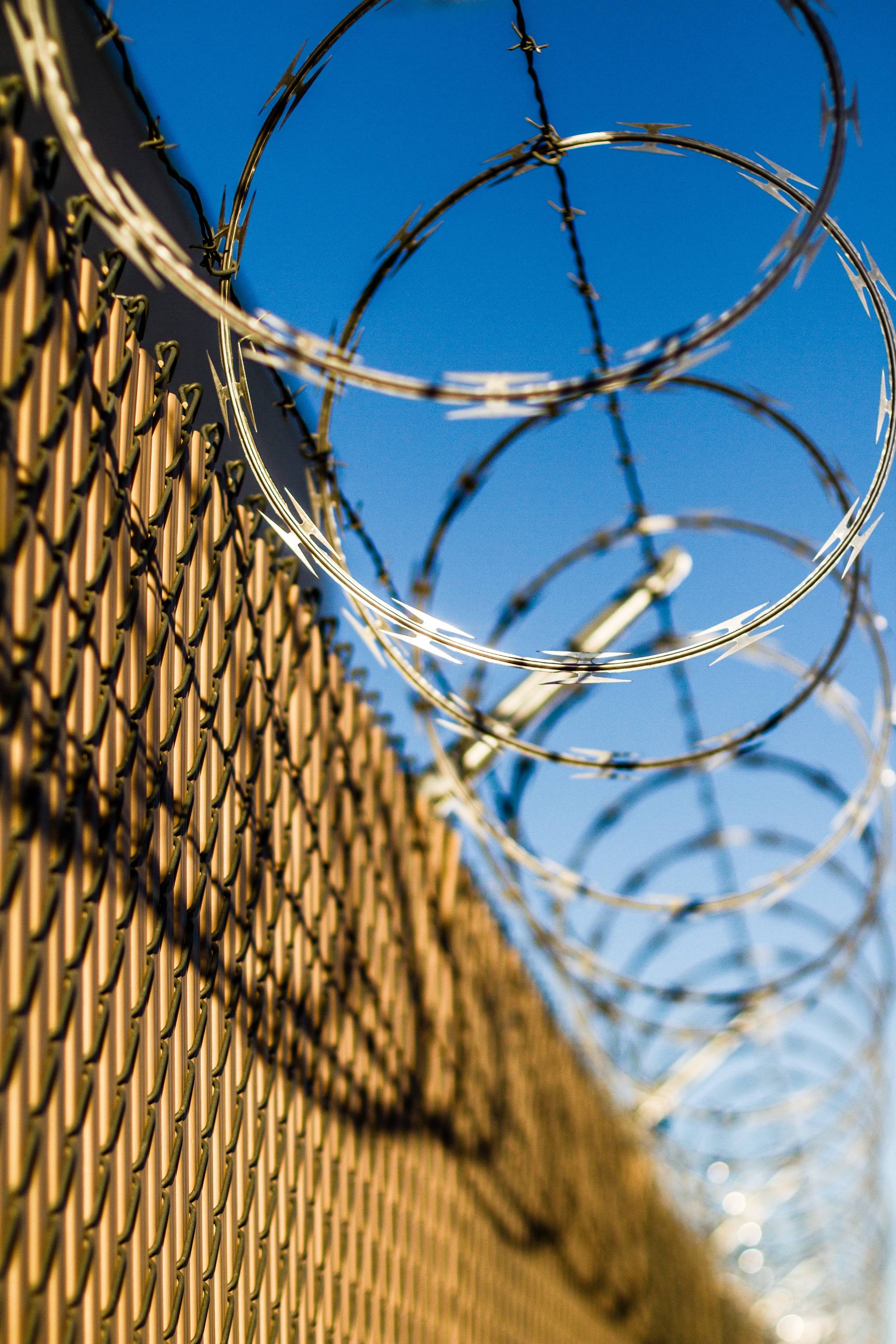Update: This article has been updated to include comment from the Council on American-Islamic Relations Legal Defense Fund (CAIR).
The Alaska Department of Corrections was sued late Tuesday by a group accusing the prison officials of subjecting Islamic inmates to “starvation” and discrimination by failing to meet their religious needs during Ramadan.
According to the complaint filed by the Council on American-Islamic Relations Legal Defense Fund in U.S. District Court on Tuesday evening, inmates Anas Dowl and Ernest Jacobsson, both at the Anchorage Correctional Complex, were discriminated against during the 2017 and ongoing 2018 Ramadan seasons. According to CAIR’s complaint, the inmates submitted numerous grievances but were not answered. The complaint seeks an emergency hearing and immediate injunction to fix the problems.
During Ramadan, participants fast from sunrise to sundown, and eat only after the sun is set. In prison, inmates are kept to a strict schedule of meals that is not ordinarily compatable with that religious timeline. Under the policies of the Department of Corrections, the superintendent of each prison is required to develop procedures to accommodate religious practices, including fasting.
At Anchorage Correctional Complex, according to the lawsuit, guards supplied bagged meals to Dowl and Jacobsson. The complaint states that the meals are much smaller than those available to other inmates, and in several instances included bologna sandwiches containing pork — something forbidden to practicing Muslims.
“As a result, on the days that Plaintiffs and other Muslim inmates participating in the Ramadan fast receive bologna sandwiches, in accordance with their sincerely-held religious beliefs, they forego eating the sandwiches and as a result receive even less calories than the already substantially low amount they are given,” the complaint states.
“In the meantime, Plaintiffs are suffering irreparable harm to their health, including malnutrition, starvation, weight loss, hunger pangs, headaches, dizziness, among other things,” the complaint states.
According to the complaint, the inmates’ sack meals were confiscated on May 19 during a search of their cells, and they were prohibited from saving food in their cells. They were further removed from the prison’s “Ramadan list,” meaning they did not receive bagged meals the next day, leaving them without food for two days.
Gadeir Abbas, CAIR’s senior litigation attorney, told the Empire by phone Wednesday that the actions amounted to retaliation against inmates who had complained about unequal treatment.
“We filed what we think is a very strong legal challenge to the … starvation policy,” Abbas said.
“We hope the court will see it as we do,” he said.
The lawsuit alleges that the prison’s policies violate Constitutional prohibitions against cruel and unusual punishment and free exercise of religion, as well as federal laws prohibiting religious discrimination.
By email, Department of Corrections spokeswoman Megan Edge said she could not comment on pending litigation but said the department “accommodates many different faiths inside of our facilities — including those who identify as Muslim. To the best of our ability, in accordance with Islamic Law, we are providing our Muslim residents the opportunity to succeed during Ramadan by being able to abstain totally from food and drink between dawn and dusk.”
Edge provided details of the sack meals provided to inmates who cannot eat at scheduled times: “In total, each inmate gets four sandwiches, four pieces of fruit, a bundle of vegetable sticks, two servings of milk, plus two cookies or cake,” she wrote.
The sandwiches are turkey bologna or chicken, not pork bologna, she confirmed.
The lawsuit has been referred to Judge John W. Sedwick in the U.S. District Court at Anchorage. Both complainants are from Anchorage.
Ramadan began May 16 and will end June 16.
The latest Pew Religion and Public Life survey found fewer than 1 percent of Alaskans are Muslim. The Islamic Community Center of Anchorage says there are more than 3,000 Muslims in that city.
• Contact reporter James Brooks at jbrooks@juneauempire.com or 523-2258.

